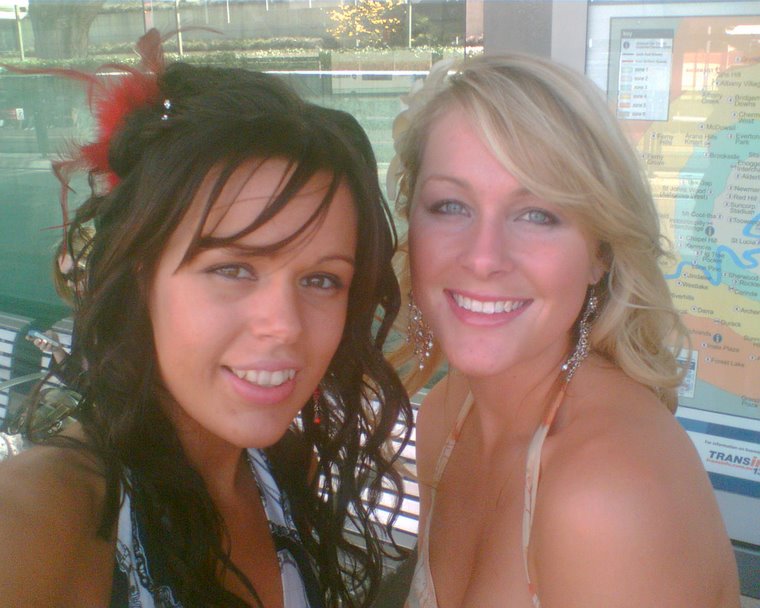Cyberutopia
At the start of the lecture this morning, we were shown a snip of the movie Jonny Neumonic (the same movie we saw a few days ago) In the snip we saw, there was lady having a fit, and she taken to the "flesh mechanic". I like the name flesh mechanic because it shows that in the future because there are so many machine (probably refered to as machine mechanics) humans are refered to as a form of machine of technology, a flesh machine. The Flesh mechanic gives her muscle relaxant in her spine, while Jonny asked him what is wrong with her. The Flesh Mechanic then has a fit of rage screaming aroung the room stating "The world causes it" suggesting the technology of this world causes an "information overload". This snip of this movie has a strong message that possibly people in the future are going to be more so addicted to technology "Because we cant live without it"
The First (electronic) Media Age - centralised dissemination.
The concept of sending media (television, radio etc) spreading out, with one source, many recievers. One person can write a letter, make film of television program etc an audience sould receive that message. Certain reasons allow only certain people to recieve and send these messages. These restrictions included education, financial and technical. This is the first electronic media age
The Second (electronic) Media Age
The internet made it possible for an individual to publish to a huge audience. Though the internet was not available for public use until the 1990s. By the middle 1990's there were over 30million users around the world, and in early 2000's 262 million users were recorded. Bill Gates stated that the internet made it possible for an individual to publish to a huge audeince. This was mainly throught the web, but more so in current times, blogs and other mobile technology - phone cameras able to take photos or videos, therefore citizens are in the media again. Marshall Mcluhan suggest that there are in fact three media ages. Oral: Spoken Word, Literate: Written Word, Electric: Television, Digital. Building on this, Robery K. Logan suggest that there are infact five media ages, adding, Mimetic Age, and the interactive/digital age to Mcluhan's trivium.
Post Modernism:
The second media is built on the first and is thus largely dependant on the world view inherit in existing technologies. The media builing remediates and enhances mediums, adding layers of complexity and new information. The new media brings with is a need for new understandings - in particular political ones
Virtual Reality:
Virtual Reality brings with it complex question about the nature of society. It is a world generated by computers. Virtual Reality can be accepted as a medium, not just a technology. It can be accepted as a medium because this type of cyborg structure exist in which, our bodies, our mins and senses is a part of the medium. It warps and duplicates and transends reality. You can have memories of virtual reality, yet are these memories different from human interaction. Are these memories virtually mediated from real memories? This is a question that can be interpretted differently by everyone. This opens up space for nre formd of culture to form.
Utopia and Distopia:
Utopias from the Greeks mean "nowhere" and literary examples tell of imaginary places where everything is perfect, usually because people and technology are in harmony. Technology has been believed to create a Utopia, where the hazards of life will be programmed out, and the technology will provide users with something nicer than the real world. This is suggesting that we can catalogue and download nature and will be able to perfect it. This is not a natural thing though, yet not much of society these days are natural anymore. What happens if the power goes of in the utopian technology world. When the power goes off, people will realise that this world of technology is really a hell.
People are developing so much technology because people cannon live without it.
"They were so obsessed with the fact that they could do it, they forgot to consider whether they should" (Jurassic Park)


No comments:
Post a Comment